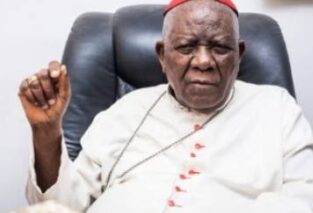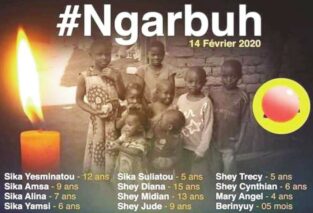“As long as lions don’t have their historians, tales of the hunt will always glorify the hunter.”
This is a common saying that serves as a critique of historical and cultural narratives that tend to favour the perspectives and achievements of those in power, or those who dominate others. “Lions” here symbolise marginalised or oppressed groups, while “historians” represent those who record and shape history or narratives.
The phrase “tales of the hunt will always glorify the hunter” suggests that historical accounts, stories, or narratives often portray the actions and achievements of the powerful or dominant group (the “hunter”) in a positive light. It implies that history tends to celebrate the accomplishments and perspectives of those in control or those who can shape narratives.
By stating that “lions don’t have their historians,” the saying highlights the lack of representation or documentation from the perspective of the marginalised or oppressed (“lions”). This absence means that their experiences, struggles, and achievements are generally overlooked, minimised, or misrepresented in historical and cultural records. A glaring example is the negative portrayal of Africans in the works of literature of early European writers to Africa who, for the most part, saw Africa as a mysterious and exotic land, filled with strange and wondrous sights. Africans were frequently characterised as primitive or childlike, reflecting a Eurocentric view that positioned European civilisation as the pinnacle of human development. This view was often used to justify colonialism and the civilising mission ideology.
Overall, this saying is critical of the inherent bias in historical narratives and cultural stories that often reflect the interests and viewpoints of the powerful or dominant groups rather than providing a balanced portrayal of history that includes all perspectives.
In essence, the saying encourages a critical examination of whose stories are being told, whose perspectives are being represented, and whose experiences are being centred in historical and cultural narratives. It underscores the importance of diversifying historical accounts to provide a more inclusive and accurate understanding of the past.




